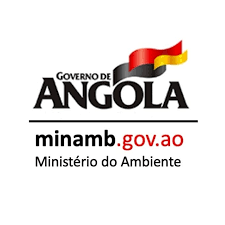Charcoal Value Chain Assessment and Certification Framework in Angola
Sustainable Charcoal Production in Angola as a pathway to curb deforestation and reduce GHG emissions.
Project Dates: 01 Jul 2023 31 Mar. 2024
The Promotion of Sustainable Charcoal in Angola through a Value Chain Approach was implemented by the Ministry of Environment (MINAMB) – National Directorate of Climate Change and Sustainable Development (DNACDS).
The project aims to introduce energy-efficient charcoal technologies in Angola, catalyzing market demand for certified, sustainable charcoal. Working through responsible partners, the initiative will transfer energy-efficient charcoal kilns, briquetting machines, and efficient stoves to rural and peri-urban communities. This intervention aims to enhance value along the supply chain, creating opportunities for income generation and job creation.
Environmental benefits will be achieved through reductions in greenhouse gas emissions, local pollution, and conservation of forest-based biomass resources. Key deliverables include a policy white paper, sustainability criteria, and verification mechanisms to foster a sustainable charcoal sector. The project also emphasizes capacity building at all levels to implement and sustain low-emission development strategies, specifically focusing on charcoal and rural biomass utilization in Angola.
Furthermore, the project seeks to integrate sustainable charcoal practices into existing governmental poverty reduction and rural development programs, thereby promoting holistic economic and environmental sustainability.
Project Details
Year
2023-2024
Location
Angola

Partner
Ministry of Environment of Angola (MINAMB)
Project Goals
- Mapping of charcoal value chain from the production through transportation and market.
- Identify key actors and assess their influence within the value chain nodes.
- Assess the mechanisms to establish a certification framework to increase the value of the final product.
- Design and recommend a MRV scheme to enable tracking and quantification of charcoal licensing and GH emissions .
